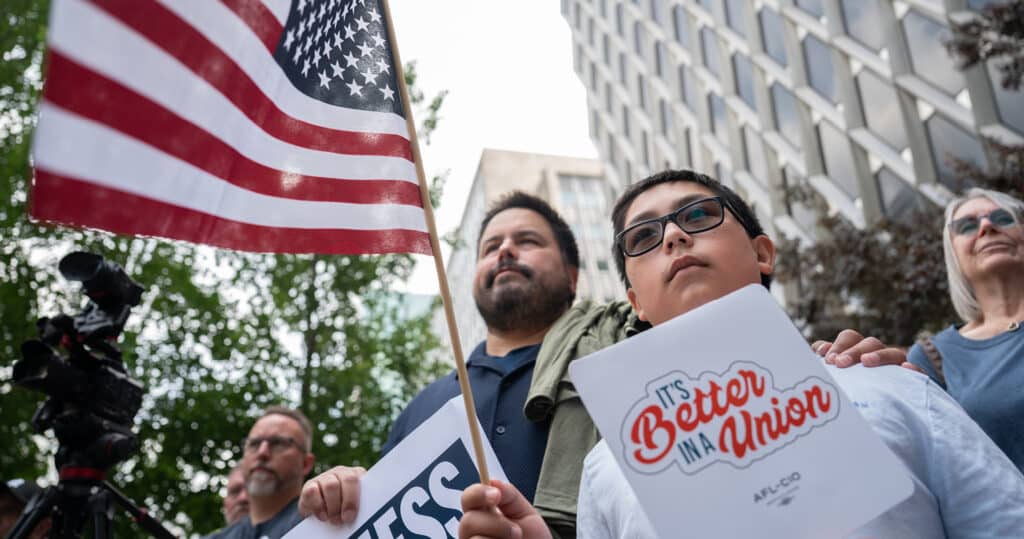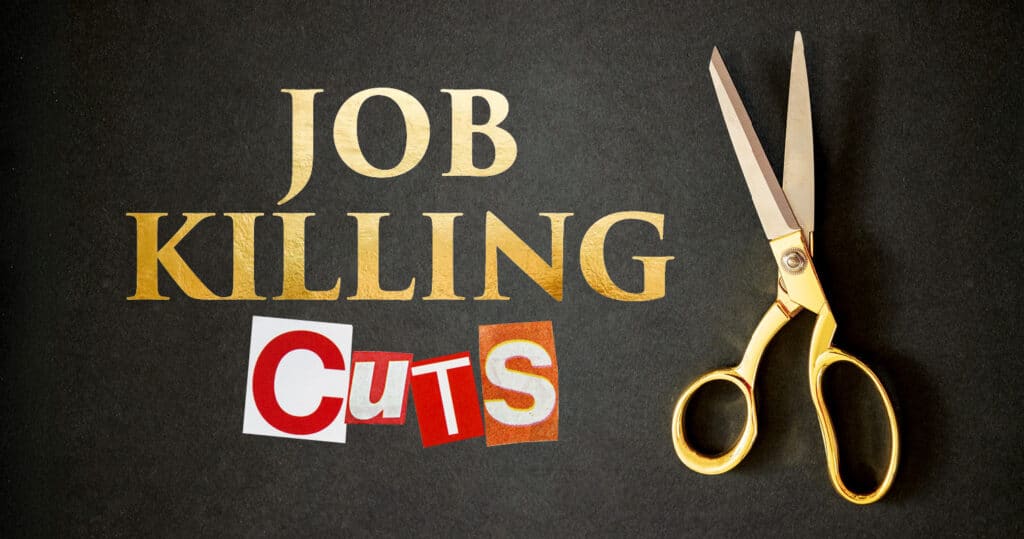President Trump: Don’t Attack Our Home Health Care Workers!
From SOAR Director Julie Stein
While the public has yet to receive a lot of information about a new Trump Administration proposal that attacks home health care workers by eliminating overtime and minimum wage protections, we certainly shouldn’t be lacking in concern about the potential implications for retired and vulnerable Americans.
In 2013, during the Obama Administration, the U.S. Department of Labor (DOL) extended these protections to approximately two million home health care workers, including personal care assistants, home health aides, and other paraprofessionals who most commonly work with the elderly and disabled.
Obama’s DOL explained that these protections were necessary from both a moral and logistical perspective. Notably, they cited excessively high turnover within the industry, as well as the fact that home health care workers’ incomes were so low that an estimated 40 percent received public support, including food stamps.
Following the directive, these essential workers would be entitled to receive time-and-a-half for any hours worked over 40 hours in one week, rather than just the established minimum wage set by their state and federal governments.
When these protections were announced, the Economic Policy Institute said, “The Department of Labor’s Home Care final rule is a good start on this process of lifting the wages and improving the lives of this vitally important and fast-growing group of caregivers.”
Now, empowered by an executive order President Trump signed in January, which directed government agencies to cut ten existing rules for every one they create, United States Labor Secretary Linda Chavez-DeRemer included this anti-worker, anti-retiree attack in an early-July announcement outlining the elimination of more than 60 rules protecting workers.
If these protections are removed, employers will no longer be mandated to pay overtime to these essential workers.
While some may choose to do so, we know there isn’t an abundance of goodwill among employers. Without federal rules mandating fair pay or a union to fight on their behalf, these workers will almost certainly pay the price in lost wages. Furthermore, consumers will likely see their quality of care diminished.
Rather than dissecting the lengthy and convoluted explanation from Trump’s DOL for why these protections aren’t necessary, I will reference an often-used phrase within the labor movement to make my closing point: Cheap labor isn’t skilled, and skilled labor isn’t cheap.
Retired Americans deserve quality care, and these essential caregivers are entitled to a living wage that will ensure them the ability to support their families and retire someday as well. None of this will be achieved so long as we value profit over people.
By clicking Sign Up you're confirming that you agree with our Terms and Conditions.
Recent News Articles
Want to Learn More?
See how the USW is making a real difference in our communities and our workplaces.

